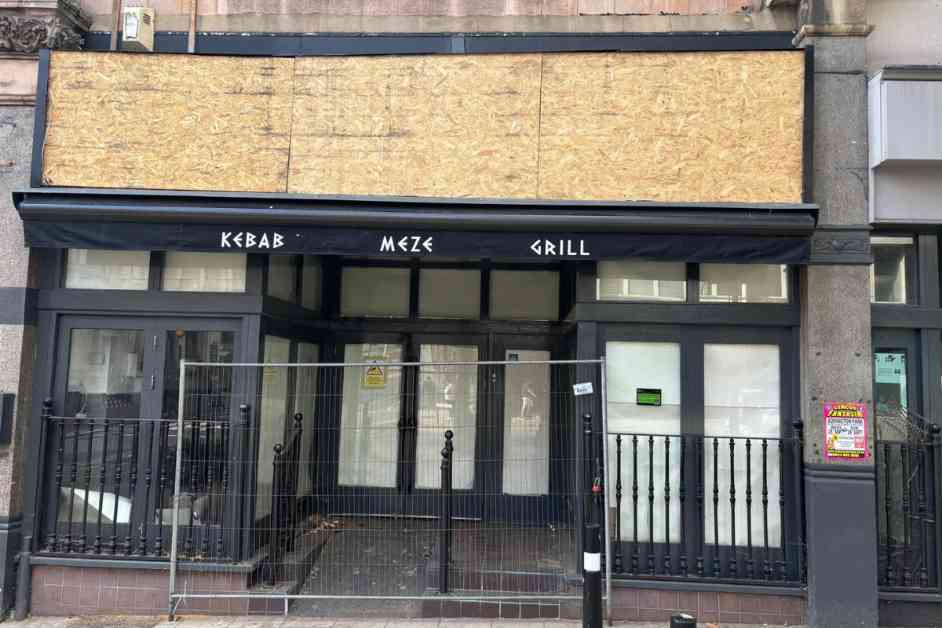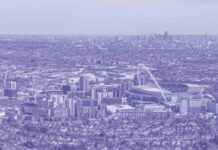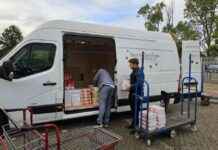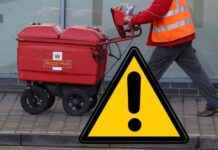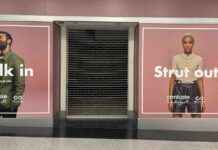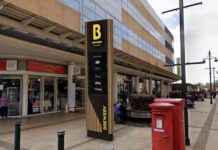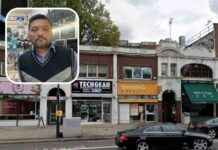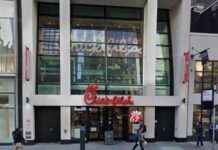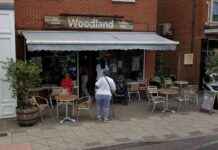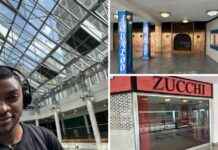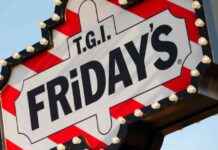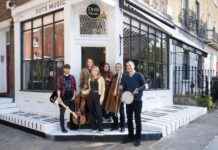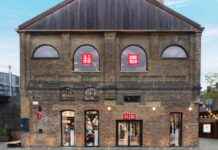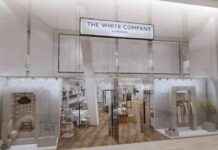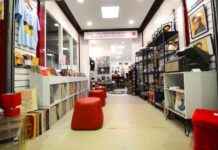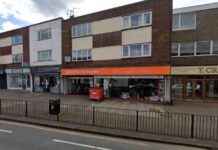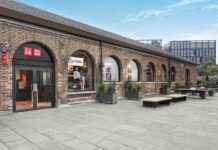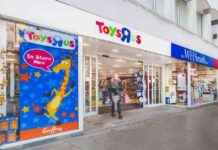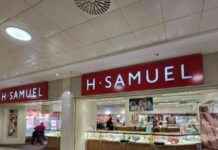Croydon High Street, once a bustling hub of activity, now faces the challenge of revitalizing its empty units to create a vibrant community space. As we walk down the street, we are greeted by the sight of nearly 15 empty units, ranging from closed charity shops, takeaways, and estate agents. The vacant spaces stand as a reminder of the impact of the pandemic, combined with the cost-of-living crisis, that has forced many businesses to close down.
Exploring the Empty Units of Croydon High Street
Taking a trip down Croydon High Street on a Tuesday, we observed the stark reality of the numerous empty units that line the street. From the bottom of the High Street next to George Street to Sheldon Street near the Royal Standard Pub, we counted 14 empty units that were either boarded up, permanently closed, or lying empty behind shutters with no sign of any new tenants or businesses moving in. The once vibrant storefronts now stand as silent witnesses to the challenges faced by businesses in the area.
At the top of the High Street, we came across a former marketing suit called Queen’s Square, and just opposite that was a former florist called Floral Creations with shutters over it. A few minutes up the high street stood a former kebab shop, now boarded up and fenced off. The sight of these empty units serves as a stark reminder of the struggles faced by businesses in Croydon High Street.
The Impact of Vacant Units on the Community
The presence of empty shops along Croydon High Street not only affects the business owners but also has a wider impact on the community. The site where an old British Heart Foundation store once stood is now covered in graffiti and plastered with posters, creating an eyesore in the neighborhood. The boarded-up windows and “for sale” signs on the shops send a message of desolation and neglect, impacting the overall ambiance of the area.
Despite the many empty units, Croydon High Street is still home to many pubs, businesses, and takeaways that continue to serve the community. The Crown and Pepper, Delta’s Pizza, and Flames Kebab are just a few examples of the businesses that are still operating along the street. The pedestrian-friendly layout encourages leisurely strolls, and the markets provide ample opportunities for community engagement, fostering a sense of belonging and connection among residents.
Challenges Faced by Small Businesses
The view of empty shops or retail units for sale has become a common sight for many businesses and residents across south London. The impact of the pandemic, combined with rising business rates and high rents, has made it increasingly challenging for small businesses to thrive on London high streets. Online shopping has also played a significant role in reducing foot traffic to traditional retail stores, further exacerbating the struggles faced by brick-and-mortar businesses.
One beloved high street store, Wilko’s, was forced to close down, highlighting the harsh reality of the current economic climate. The closure of established businesses not only affects the owners but also has a ripple effect on the community, leading to job losses and a decrease in footfall along the high street. The need for innovative solutions to revitalize the area and attract new businesses is more pressing than ever.
In conclusion, the empty units along Croydon High Street serve as a poignant reminder of the challenges faced by businesses in the current economic climate. Despite the hardships, the street still retains its charm and community spirit, with businesses like the Crown and Pepper, Delta’s Pizza, and Flames Kebab continuing to serve the residents. By coming together as a community and supporting local businesses, we can work towards revitalizing Croydon High Street and creating a vibrant space for all to enjoy.

